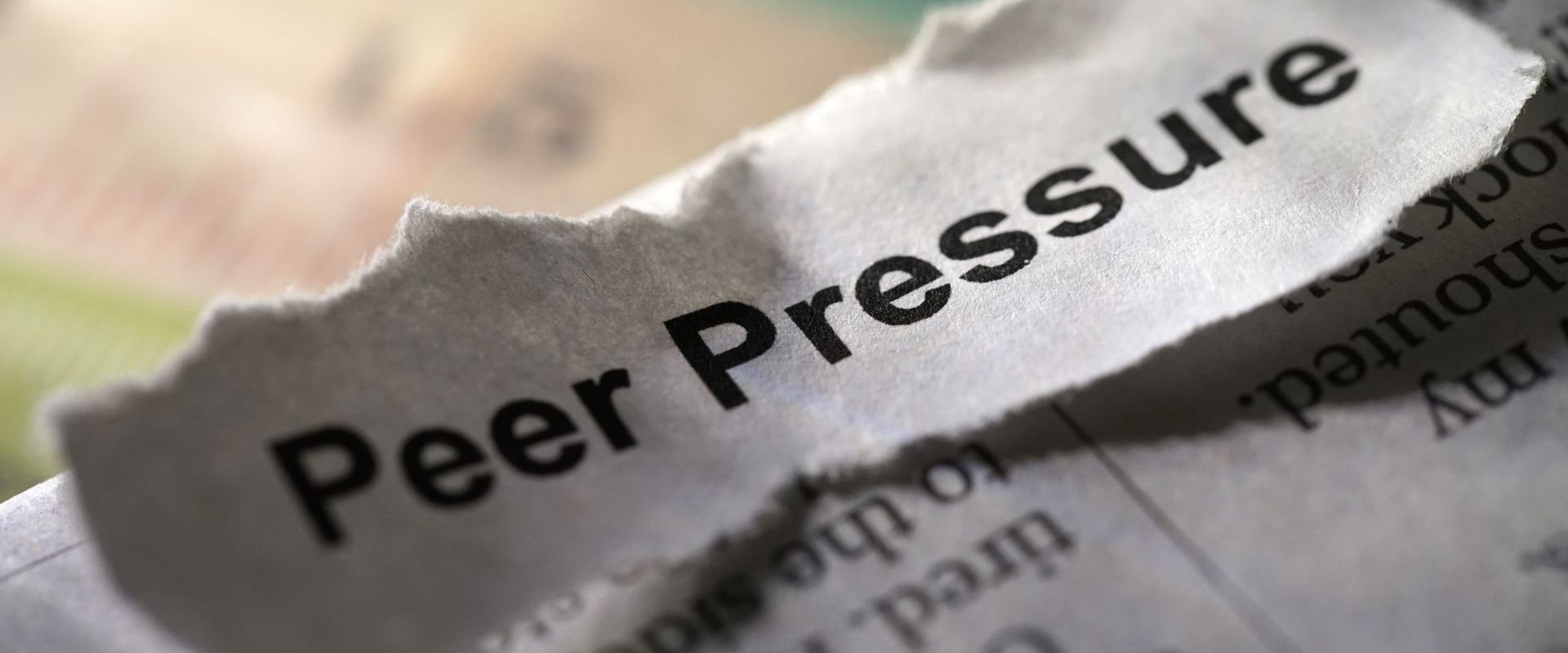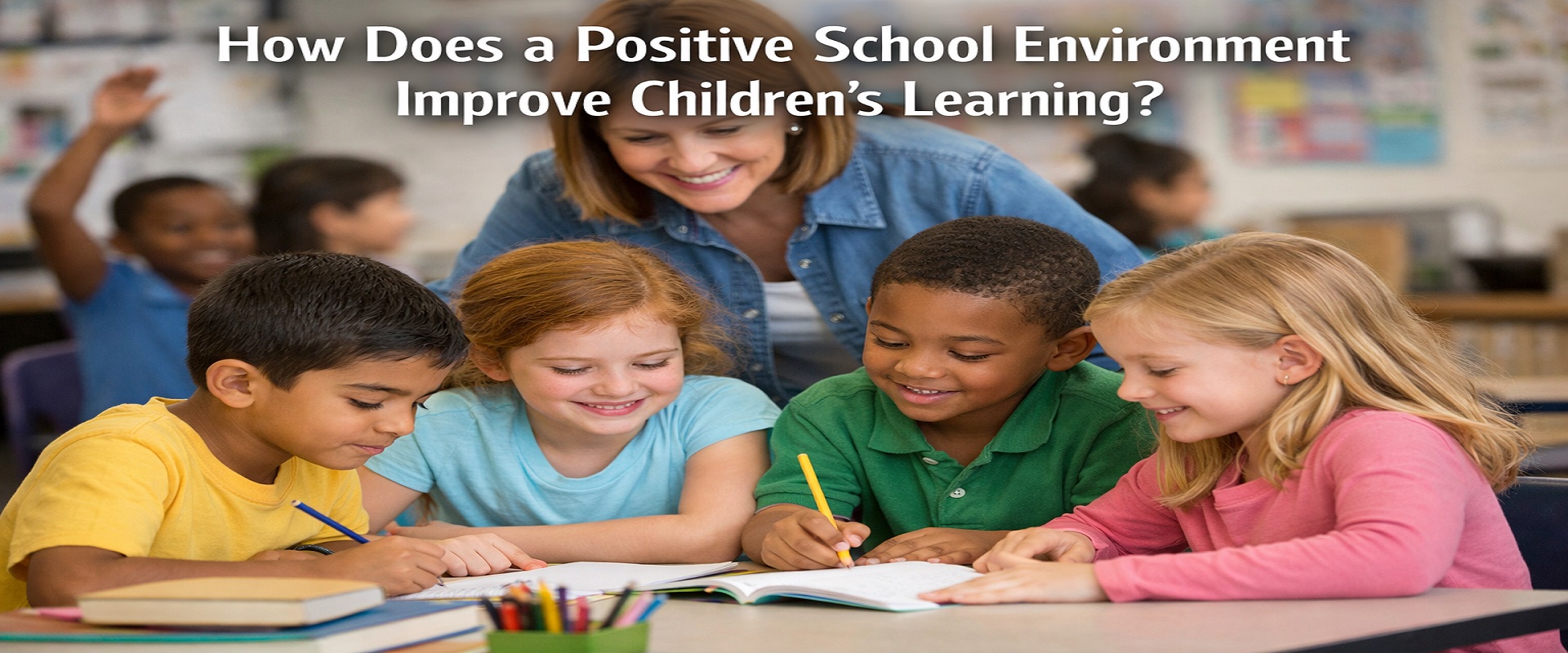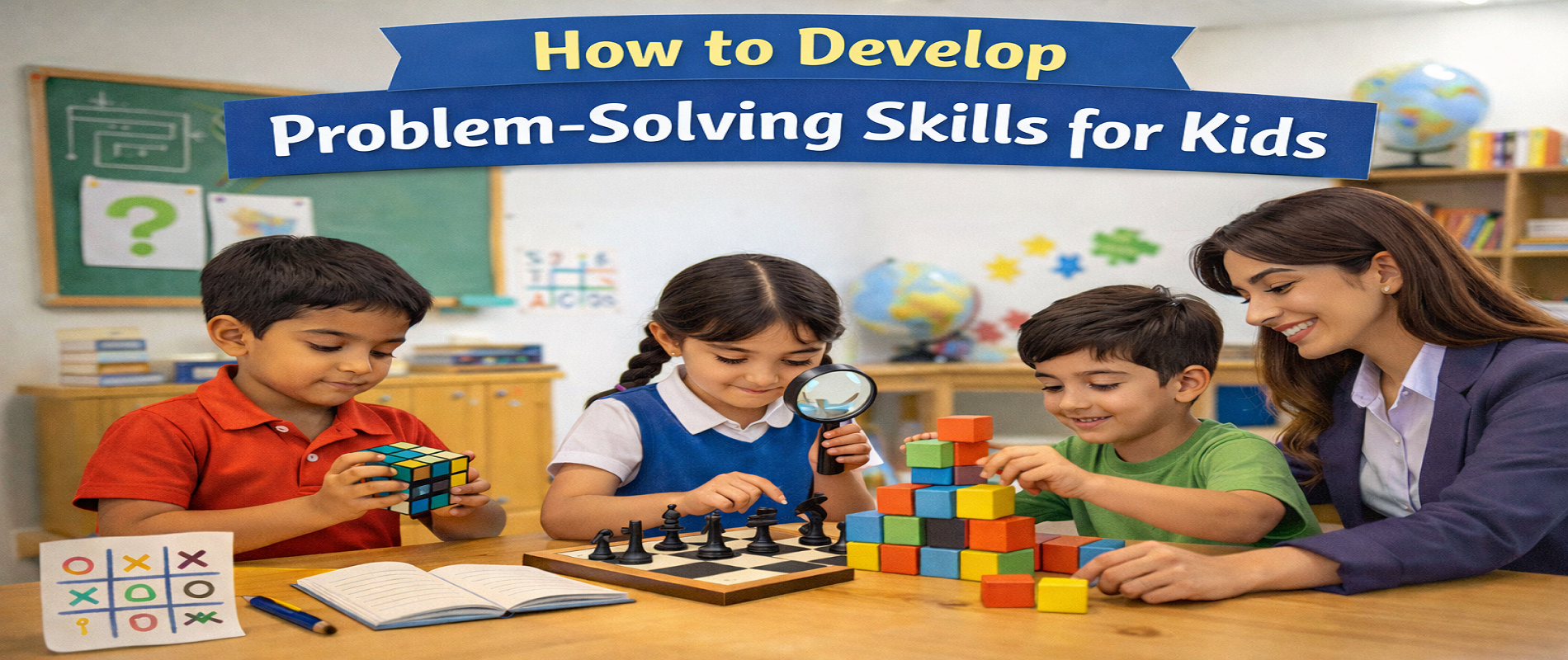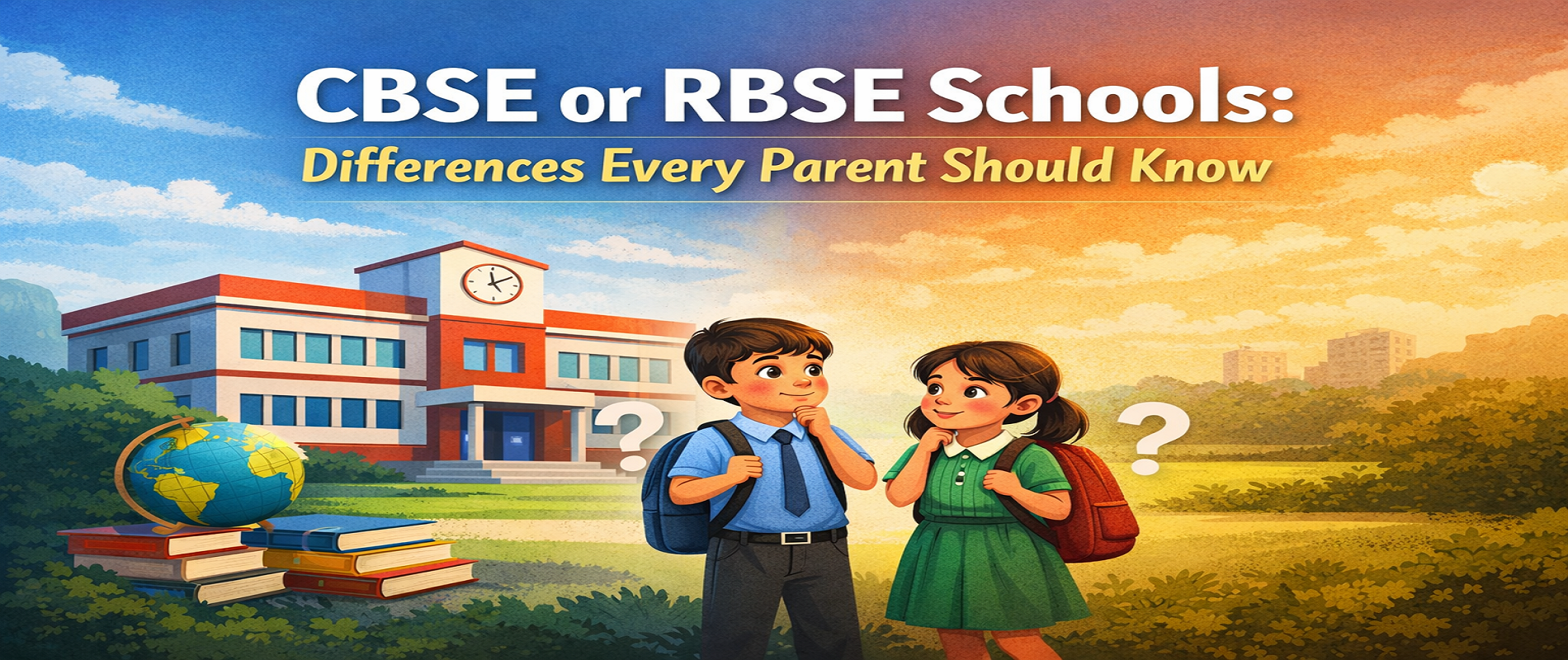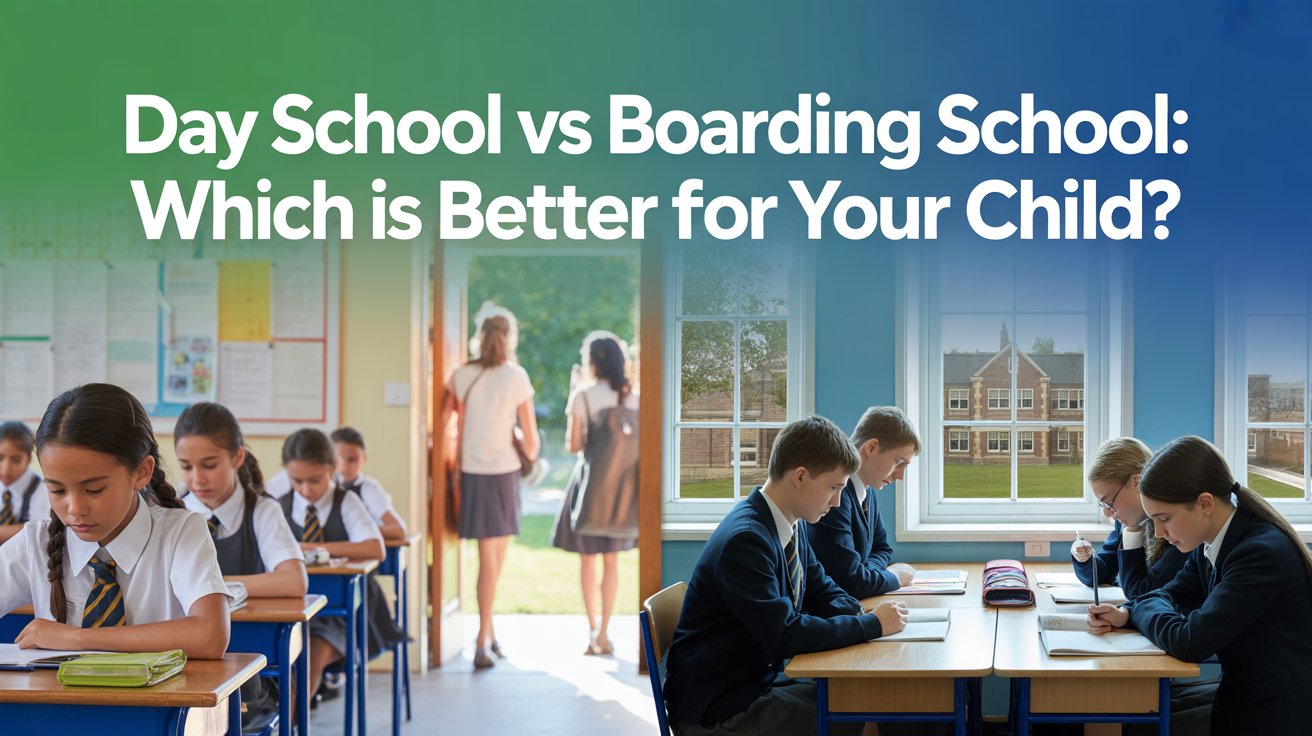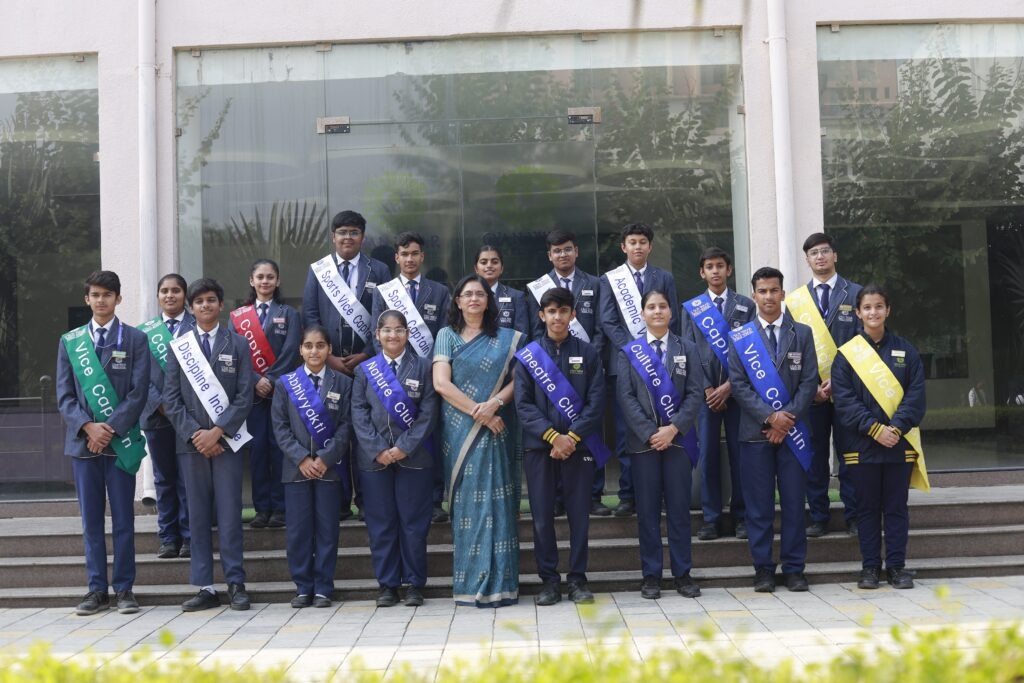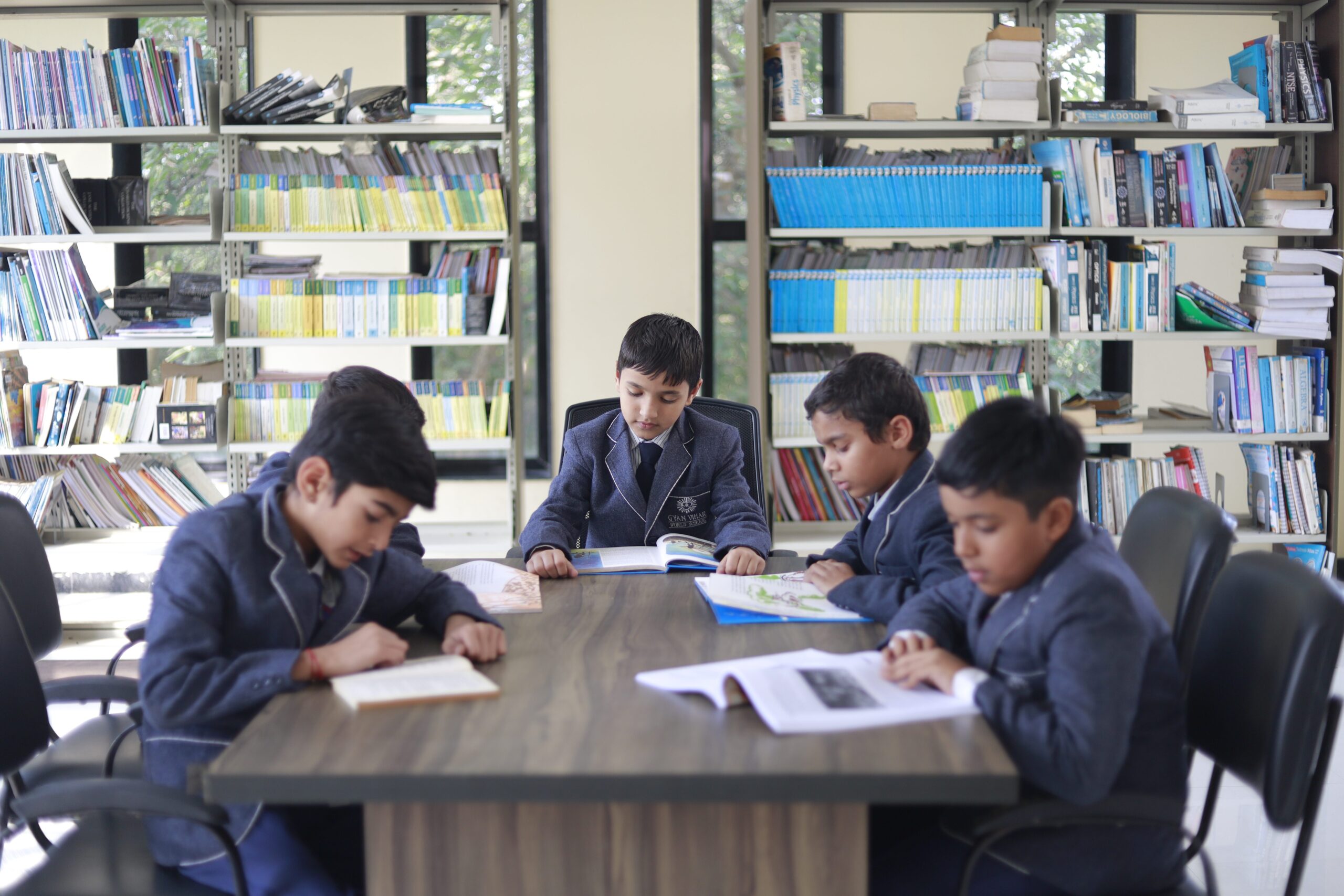Adolescence is a time of exploration and self-discovery, but it often comes with challenges, including peer pressure. At Gyan Vihar World School, a renowned CBSE school in Jaipur, we understand the importance of equipping students with the skills and mindset to make smart choices amidst peer influence. In this blog post, we’ll explore the dynamics of peer pressure, its impact on students, and practical strategies to help them navigate this crucial phase while maintaining their individuality.
Understanding Peer Pressure
What is peer pressure?
- Peer pressure is the influence that peers (friends, classmates, or acquaintances) exert on an individual to conform to their attitudes, behaviors, or values.
Types of peer pressure:
- Positive Peer Pressure: Encourages healthy behaviors and positive choices.
- Negative Peer Pressure: Promotes risky or harmful behaviors.
The Impact of Peer Pressure on Students
Why is peer pressure significant during adolescence?
- Identity Formation: Adolescents are still developing their identities and are highly influenced by their peers.
- Risk-Taking: The desire to fit in can lead to risky behaviors, such as substance abuse or skipping school.
- Mental Health: Negative peer pressure can contribute to stress, anxiety, and feelings of inadequacy.
Strategies for Coping with Peer Pressure
Empowering students to make smart choices:
- Self-Awareness: Encourage students to understand their values, beliefs, and personal boundaries.
- Assertiveness: Teach assertiveness skills to help students express their feelings and preferences confidently.
- Conflict Resolution: Provide tools for resolving conflicts peacefully and diplomatically.
- Positive Friendships: Emphasize the importance of surrounding oneself with supportive and like-minded friends.
- Adult Allies: Ensure students know they can turn to trusted adults, such as parents or teachers, for guidance.
Resisting Negative Peer Pressure
Specific strategies for resisting negative influence:
- Say “No” Firmly: Teach students that it’s okay to say “no” when they are uncomfortable with a situation.
- Offer Alternatives: Encourage them to suggest alternative activities that align with their values.
- Use Excuses: Equip students with polite excuses to avoid situations they are not comfortable with.
- Role Play: Practice scenarios where students can assertively resist peer pressure.
Positive Peer Pressure: A Force for Good
Harnessing the power of positive influence:
- Encourage Goal Setting: Students can inspire each other to set and achieve academic and personal goals.
- Promote Healthy Habits: Peer encouragement can lead to healthy habits like regular exercise or volunteering.
- Foster Inclusivity: Create an inclusive environment where diversity is celebrated, and differences are respected.
School’s Role in Peer Pressure Management
What we can do:
- Education: Incorporate discussions on peer pressure, decision-making, and conflict resolution into the curriculum.
- Mentoring Programs: Establish mentoring programs that pair older students with younger ones for guidance and support.
- Counseling Services: Provide access to counselors who can assist students in coping with peer pressure.
Navigating the Waters of Adolescence
Adolescence is a crucial phase of life marked by change and growth. Peer pressure is a part of this journey, but with the right guidance and skills, students can emerge from it stronger and more resilient. At Gyan Vihar World School, one of the leading CBSE schools in Jaipur, we believe in empowering students to make smart choices and stand true to their values.
By fostering self-awareness, teaching assertiveness, and promoting positive peer relationships, we equip our students with the tools they need to navigate the waters of adolescence successfully. Remember, peer pressure is a part of life, but it doesn’t have to define it. With guidance, support, and self-confidence, students can emerge from this phase as individuals who make smart and authentic choices.

